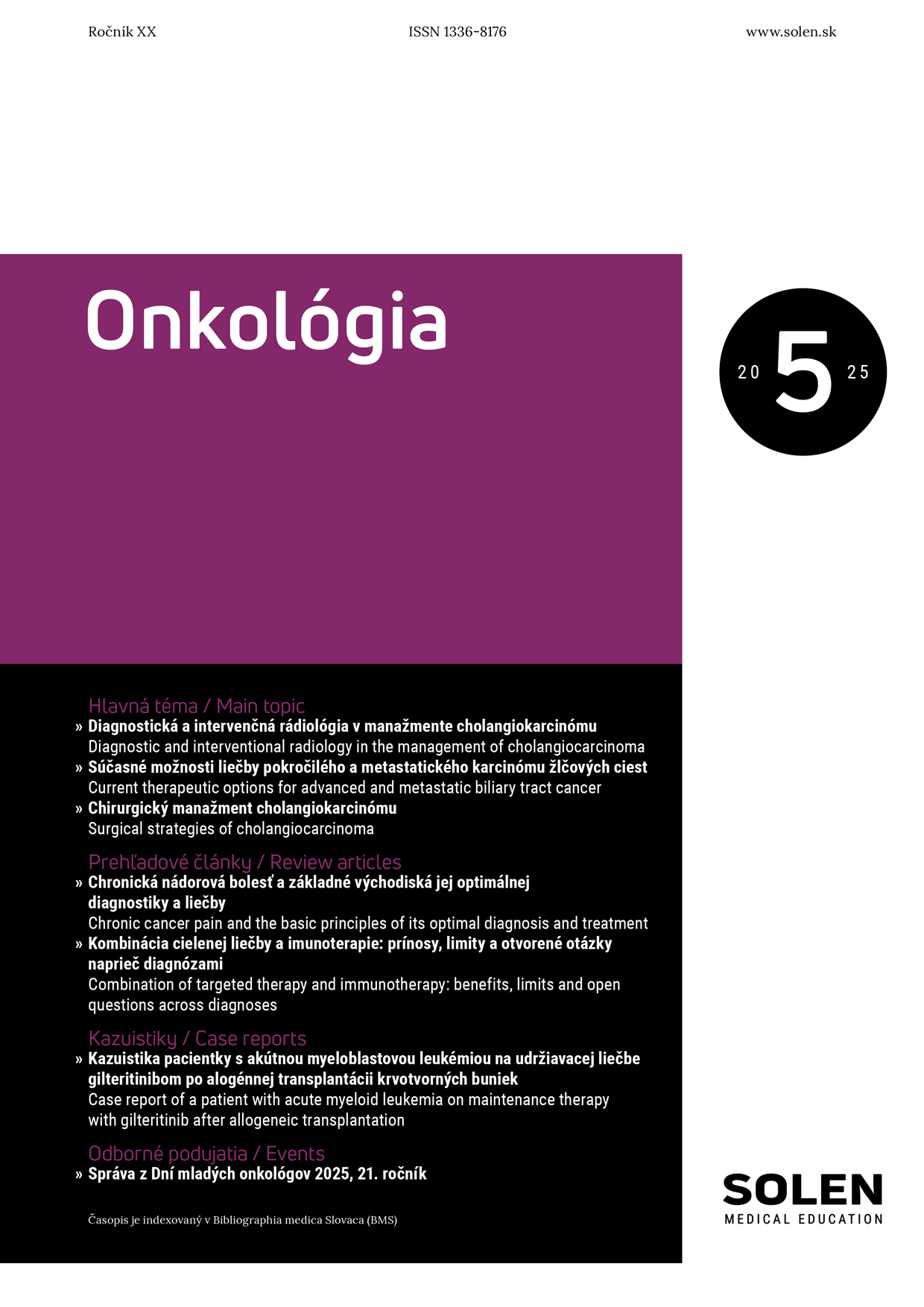Praktické lekárnictvo 4/2021
Quality of life of patients with coeliac disease
Coeliac disease is one of the most common chronic diseases relating to eating habits and food consumption. It is a diagnosis with a genetic basis, which is so far diagnosed in only about 1 in 9 affected people. The main reason for the high number of undiagnosed patients is the fact, that coeliac disease has many other, extraintestinal symptoms in addition to intestinal symptoms. Late diagnostics of the disease is also the cause of complications. In recent years, there has been an effort to focus on screening the diagnostics of relatives of patients with coeliac disease in order to improve the prognosis of the disease. To date, the only known effective treatment for this disease is a gluten-free diet. Gluten is a protein, which is found in wheat and its species (spelled, kamut, triticale), as well as rye and barley, that is commonly incorporated into the daily diet of the average person. A strict adherence to a gluten-free diet, reduce or completely eliminates the incidence of symptoms, improves the prognosis of complications and thus at the same time improves the quality of life of patients with coeliac disease. The main aim of our research was to analyze the quality of life of patients with coeliac disease in a focus on a quality of life of different dimensions.
Keywords: coeliac disease, quality of life, gluten-free diet

















